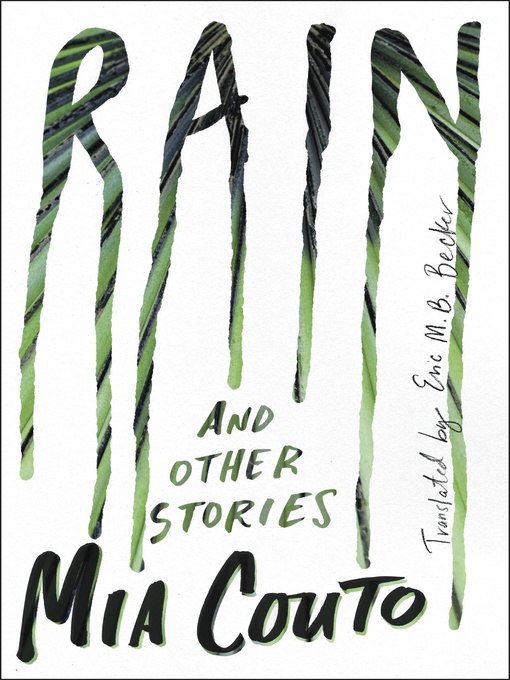After the war, I thought all that was left was ashes, hollow ruins . . . Today, I know that's not true. Where man remains, a seed, too, survives, a dream to inseminate time.
Published in the aftermath of Mozambique's bloody civil war, Mia Couto's third collection seeks out the places violence could not reach, the places where, the author writes, "every man is the same: pretending he's here, dreaming of going away, and plotting his return." Shifting masterfully between forms—creation tale to meditation, playful comedy to magical twist—these stories grapple with questions of what's been lost and what can be reclaimed, what future exists for a country that broke the yoke of colonialism only to descend into internecine war, what is Mozambican and what is Mozambique. Following fishermen and fortune-tellers, widows and drunks, and one errant hippopotamus, this new translation of stories by the Man Booker-listed author of Confession of the Lioness rediscovers possibility and what it means to be reborn.
style="text-align: left;">Finalist for the 2015 Man Booker International Prize
style="text-align: left;">Winner of the Neustadt Prize for Literature, 2014
style="text-align: left;">Winner of the Camões Prize for Literature, 2013
A Vanity Fair Must-Read Book From Around The World for Winter 2019
A Financial Times Summer Book of 2019


